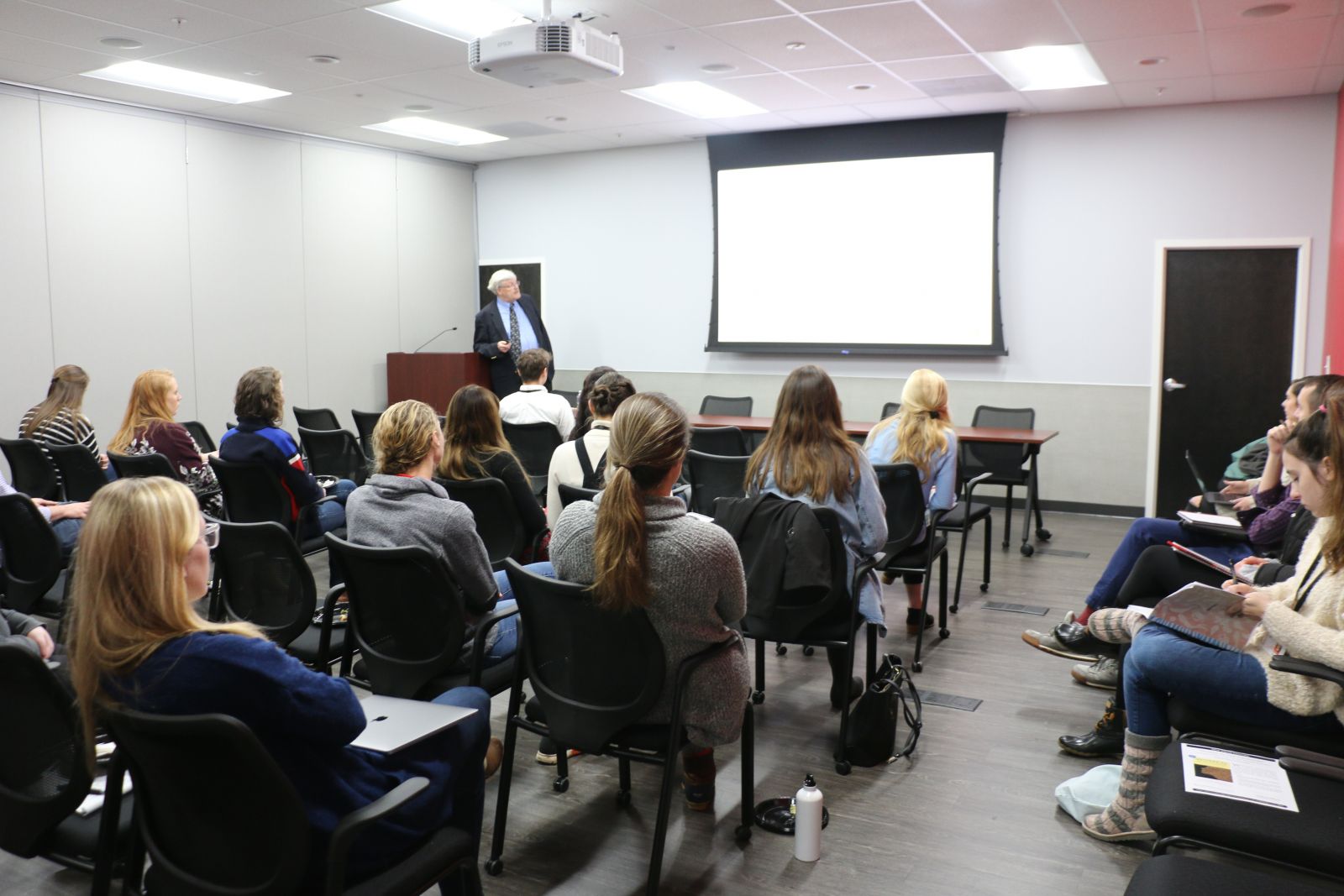
In his latest book, Churchill describes the empirical research that he and his colleagues conducted to explore what honor killing is and why it occurs. They found that incidents of honor killings across the world tend to have similar characteristics, such as arising in what are known as “honor-shame cultures.”
Churchill explained that honor-shame cultures are those that place a great deal of value on personal and familial honor, with any violations of that honor resulting in communal shame. Given this context, honor killings can be understood as an attempt for families to “wash their honor clean.” Honor-shame cultures are found in many different countries and across many different ethnic, religious and racial communities.
Churchill also focused on ways that honor killings can be prevented, and he noted that because honor killings are so closely tied to culture, legal responses are often ineffective.
“We have to think in terms of moral transformations and significant protective interventions,” Churchill said. He explained that educational programs such as those focusing on empathy, gender equality, tolerance and social skills can aid in prevention.
Some nations are taking greater strides than others to address honor killings in their communities, Churchill said.
“There are now women’s movements in Jordan, for example, that have gone far, but in Turkey there has been more lip service than action, and no real public policy to deal with the problem,” he said.
START researcher Rachel Gabriel introduced Churchill’s talk, and emphasized the enormous impact that he has had on her own career.
“He is one of the most influential people in my life,” Gabriel said. “His class was so influential in my decision to work in my field, it’s what made me want to study international relations and political conflict. I would not be working at START if it weren’t for him.”
To read more about events at START, visit START’s events page at https://www.start.umd.edu/events.
